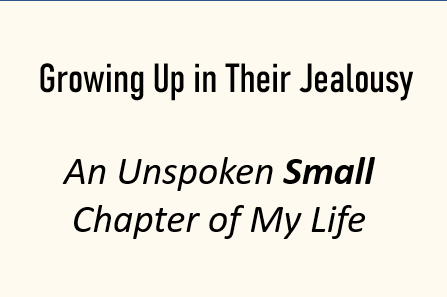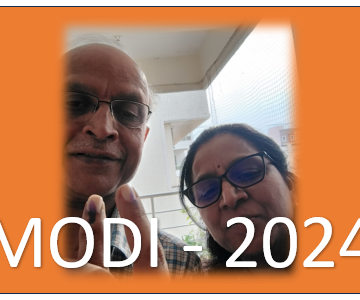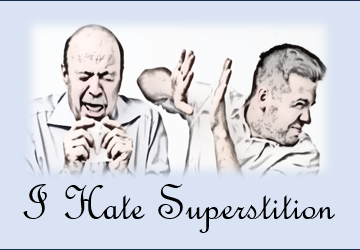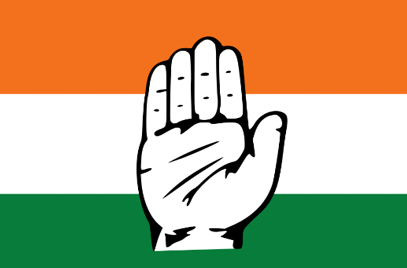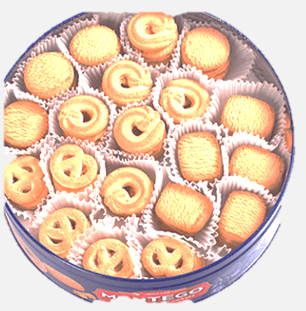An Unspoken Small Chapter of My Life
I am now 62 years old. At this stage of life, I often wonder if it’s worth digging up certain small parts of my past—especially those shadowed by pain, confusion, and the quiet weight of being misunderstood. But some memories don’t stay buried, no matter how much time has passed.
A few years ago, during an otherwise ordinary family gathering, one of my relatives—someone elder to me by over two decades—asked me a question he had asked me countless times before: “Do you still have your asthma?” It wasn’t the question itself that stung. I was used to his question. Maybe he felt reassured.
It was the timing. Just moments earlier, I had politely declined his offer of almonds since it was late in the evening and I had some digestives issues. And, anyways, I would not like to consume raw almonds at night.
He then made it a point to sit beside me and eat them anyway, as if to emphasize something. That was when the question came.
For the first time, I saw the question on “Asthma”, not as a casual query, but as a reminder. A needling. A trigger. And suddenly, I began to remember so many other such moments.
Why would an elder person ask me about my Asthma with no solution or relief suggestion, several times during the course of my 60 yrs life. My asthma started when I was 10 yr old.
The dots that I had never connected before. I had trusted my relatives. I had assumed good intentions. But what if those jabs weren’t innocent? What if I had grown up—quietly, unknowingly—as the target of their jealousy?
This post is not an accusation. It is a recollection. A reckoning. A quiet attempt to process the long arc of my childhood and early adulthood, where love and envy sometimes wore the same face.
A Happy Child, an Unwelcome Sight
I was a smiling, often cheerful child—maybe around eight to ten years old at the time. There was a natural joy in me, and it showed. But I now realize that my happiness didn’t sit well with many of my relatives.
My parents cared for me deeply. I was well looked after, nurtured, and protected. More importantly, my parents adored each other in a way that was visible and endearing. My father would affectionately call my mother “Guru,” a term of both respect and love, and subtle humor. Their relationship had warmth, laughter, and my mother adored my father for the way he cared for her.
In hindsight, I see how these simple blessings in my life—my cheerfulness, the care I received, and the bond between my parents—stood in sharp contrast to the emotional atmosphere in many of my relatives’ homes. Maybe it was the lack of such happiness in their own lives, or perhaps an unspoken sense of comparison, but something about me—and what I represented—seemed to bother them. And so, quietly, subtly, I became a target.
Not for anything I had done—but simply for being content and for my circumstances.
In the pages that follow, I will share the moments that shaped this realization. Incidents I ignored, absorbed, or dismissed—but which now speak louder in hindsight.
Small Joys, Sharp Blows
My happiest memories as a child often centered around visits to my loving grandmother’s house. Those trips meant warmth, indulgence, and the comforting feeling of being cared for. But somehow, even in those cherished moments, jealousy found its way in—often through the very people I thought were my well-wishers.
One cousin—perhaps angered by the mere sight of my happiness—suddenly hit me hard across the face. There was no provocation, no quarrel. Just a moment of me being happy, and then a sharp reminder that someone didn’t like it. This person has the distinction of telling a common friend that Krishna (me) has been outcasted by our family. No wonder that this cousin has landed in the lap of a swami who is a suspected pedophilia and cruel human torture occurring in his premises.
Another cousin, around the same time, thrust his leg out and pushed me forcefully. Again, no reason. Just a youngster’s joy at being with his grandmother, interrupted by someone else’s resentment. Regarding this cousin the less said the better. A life spent on pleasing others.
The pattern continued as I grew older. A cousin once remarked with unmistakable sarcasm, “You always come to other cities in a car, right? Why don’t you do it now?” It wasn’t a question—it was a jab, meant to poke holes in my sense of comfort and privilege.
My wit, which others found amusing, became a point of mockery for yet another cousin. He always laughed at my humor—not with me, but at me. His laughter carried that sharp tone only sarcasm can deliver, a tone that said: “You think you’re clever, don’t you?”
And then there was an aunt—one who never really hid her jealousy of my parents and me. It seemed like a lifelong project for her to correct me, point out my flaws, and subtly cut me down to size without being caught. Whether the mistake was innocent or real didn’t matter. She remembered them all—and made sure I remembered them too.
She talks about how her granddaughter takes steam inhalation seriously to keep her sinuses healthy, a not-so-subtle reminder of how others, unlike me, “do things right.”
One may wonder am I assuming their jealousy towards me.
Not at all.
Most of them have never wished me well spontaneously. Over a period of 60 years what more proof do I need that the jealous quotient is higher than the good wishes.
It Wasn’t My Imagination
One may wonder—am I assuming their jealousy towards me? Am I simply interpreting everyday behavior through a lens of past pain?
Not at all.
Over the last 60 years, I’ve paid close attention—not out of suspicion, but out of lived experience. Most of these relatives have never, not once, wished me well spontaneously. No unprovoked congratulations, no heartfelt blessings, no genuine joy for any of my small or big milestones.
In all these decades, what more proof do I need? If I weigh the instances of goodwill against the moments laced with sarcasm, criticism, and quiet jabs, the scale tips unmistakably toward resentment. The jealous quotient has always been heavier than the spirit of goodwill. And sadly, I’ve stopped expecting it to change.
Now the Big Question.
Why did I not tell this to my Parents? Why didn’t I ask them how I should handle it?
One I knew my mother loved her relatives. I was scared to tell my Dad as he would react emotionally
I’ve often asked myself the same.
Looking back, it wasn’t because I didn’t trust them — my parents were deeply loving and supportive. But that might have been part of the problem. I knew how much my mother loved her relatives, despite everything. And I was afraid that if I spoke up, it would hurt her. She might defend them, or worse, feel torn between me and them. I didn’t want to cause that conflict.
As for my father — I was scared. Not of him, but of how he might react. He was emotional, quick to anger when it came to injustice, especially towards his family. I didn’t want to burden him or trigger a scene. So I kept it all in.
Strangely, these incidents happened when my parents and my sister were usually just a bit away. But the quiet nature of this jealousy came to the fore, when my support was not around. Only I could feel the sting.
In retrospect, I should have spoken up. Maybe this article would have taken a different shape. Maybe some wounds wouldn’t have lingered so long. But I didn’t.
I just trusted my relatives. Up to the day when my mother passed.
The next major event was me letting go of a relatively promising career in USA. One aunt told me do not think you have done something great!
Next trigger which increased jealousy towards me was my marriage to a girl who was perceived to be my pillar of support.
The next trigger was my son and his steady success.
After all these years I am left with two people who are not jealous of me.
My wife and son, a couple of my friends, .
The list as is evident is short.

